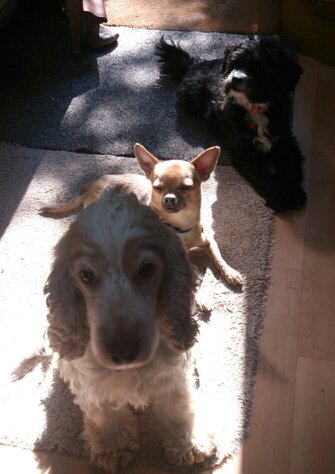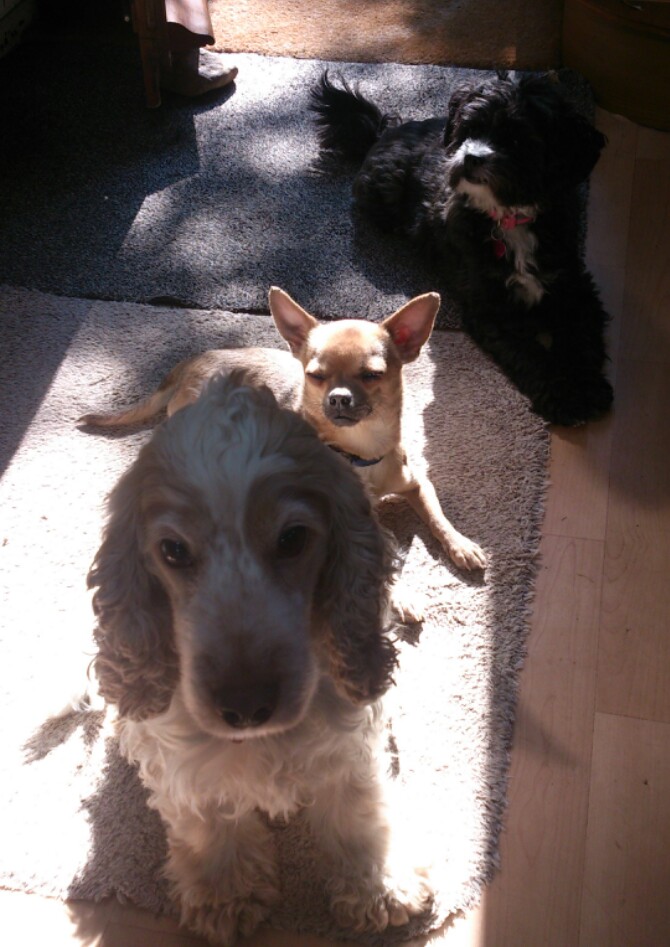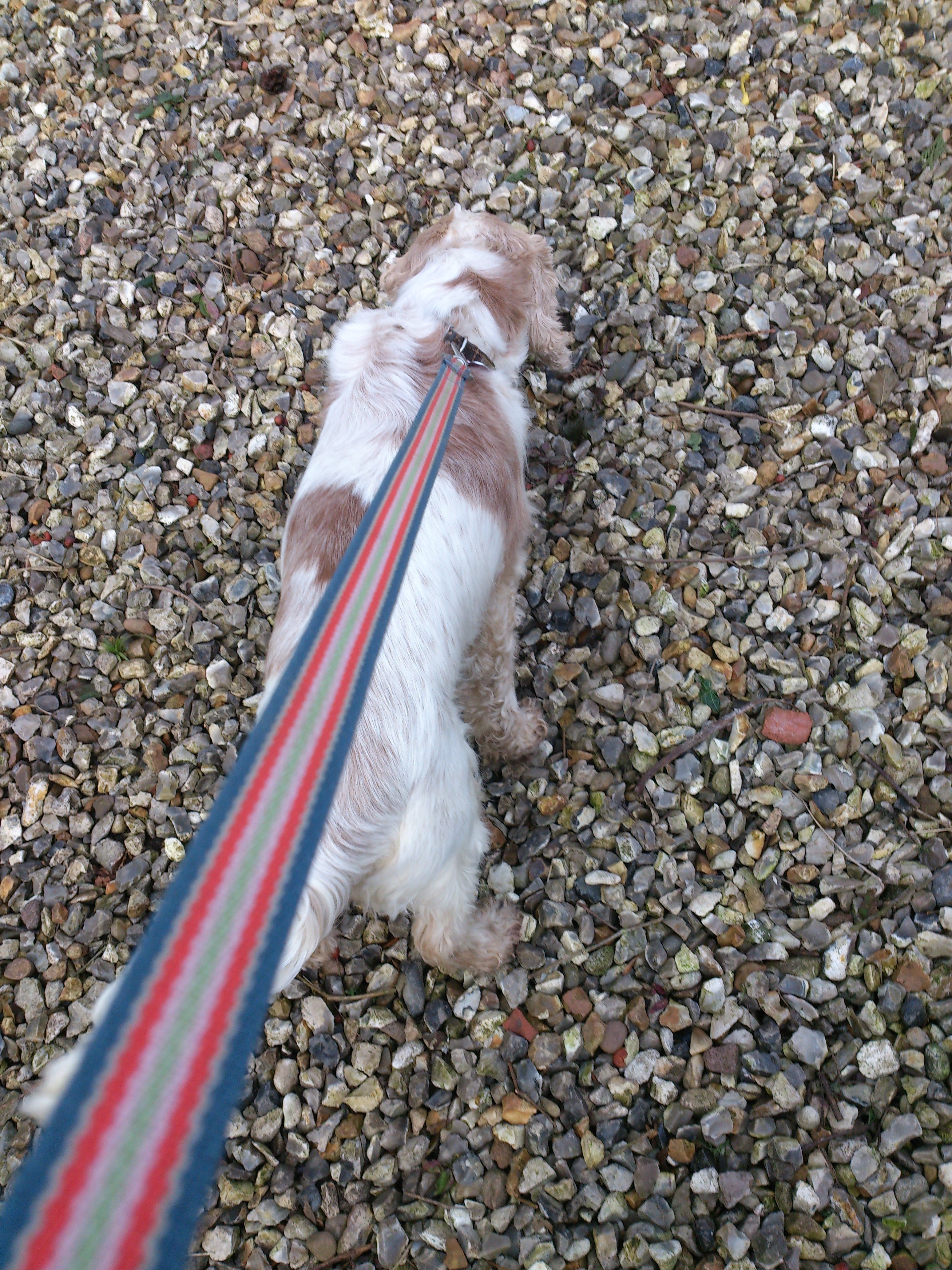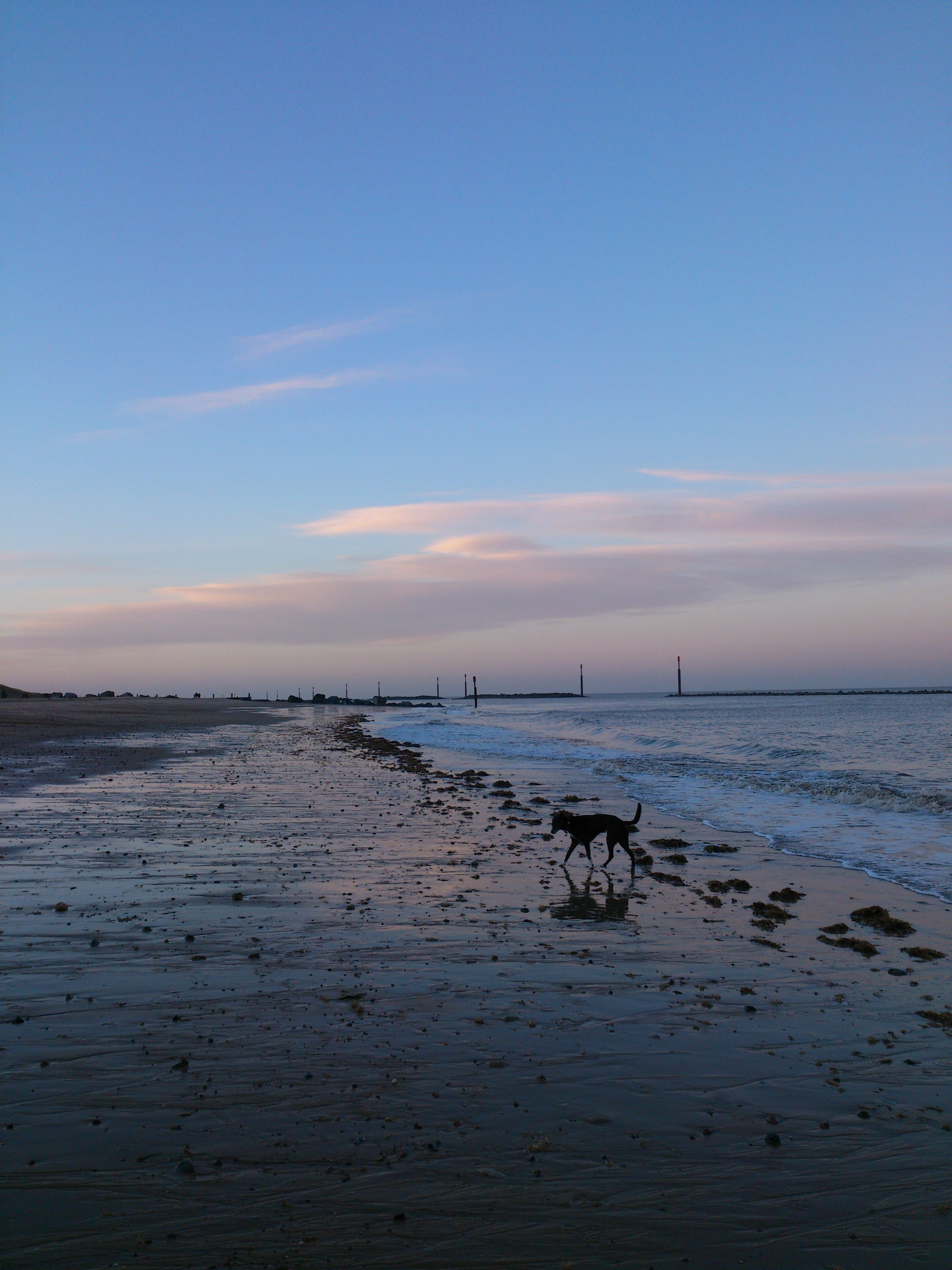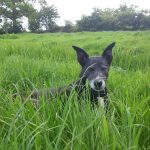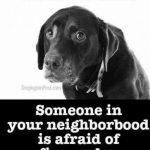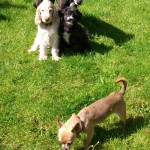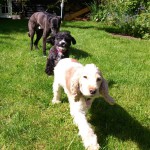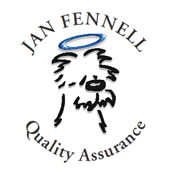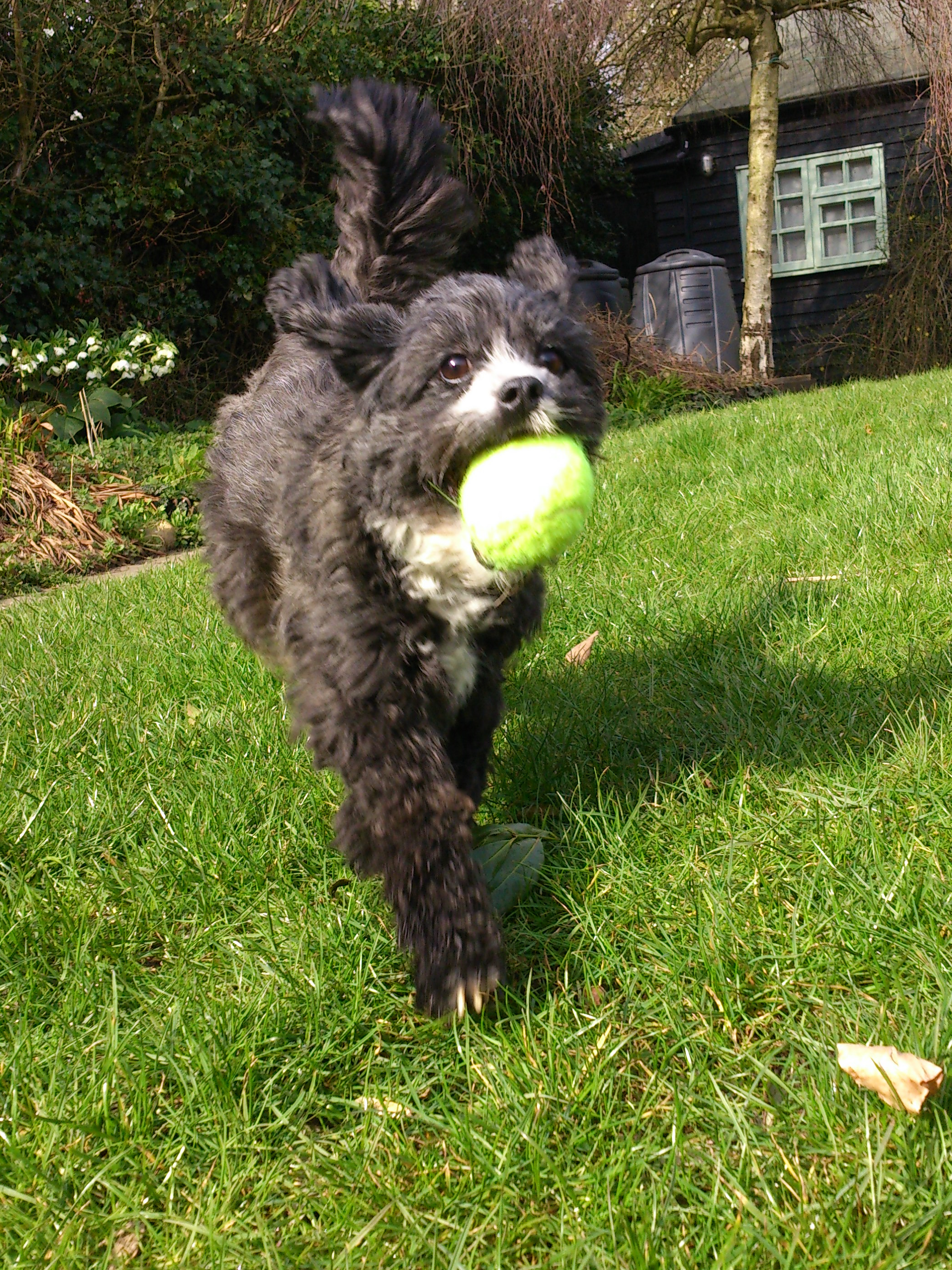
Kitty is happy to play fetch! It wasn’t always that way. When she first arrived, she would rather keep the ball, than bring it back. By building trust and helping her to feel safe and secure, we were able to gain her respect and cooperation, and now we enjoy playing together.
Playing with dogs . . . dog training norwich
Playing with dogs is a really good way to exercise them. It’s socially bonding and by deciding when you will play and how long you will play for, you consistently reconfirm yourself as Pack Leader.
Many of the dogs that I am asked out to help people with, will either be initiating and controlling play themselves or refusing to play at all. Both of these behaviours reconfirm the dog’s primacy. By taking control of play time we can gently show our dogs that we are the decision-makers in this area too and by gaining their cooperation we can have fun – and exercise them – in a positive and rewarding way.
When a dog is feeling stressed he may not want to play! Some rescue dogs can take weeks and sometimes months to come out of themselves enough to play. As they begin to feel safe and secure they relax enough to join in.
Molly – a beautiful Border Collie that I visited – was obsessed with bringing her toys to her owners. She expected them to throw them for her and they usually did. It had reached a stage where Molly’s life revolved around her toys and not much else.
Many dogs, particularly young dogs, really love to play. Often they will practice their hunting skills; jumping on toys, throwing them in the air and parading around with them in their mouths, as they would a prey animal. However, some dogs become obsessed with initiating play and will bring their toys repeatedly to be thrown. Well-meaning owners, who think their dog is just being playful, feed into the obsession by obliging and some will spend whole evenings dutifully throwing a ball!
Molly had a lot of toys. By removing the vast majority of them and leaving her with just a few favourites her owners began the process of taking control of play-time. The rest of the toys were put away in a toy-box which they would bring out to initiate play, once it was appropriate to do so. If Molly came to them with one of her toys and tried to initiate play they would quietly move away, removing the toy if she persisted.
As the weeks went by Molly became less obsessive about initiating play and gradually – over time – her owners were able to reintroduce occasional and calm play – on their terms!


